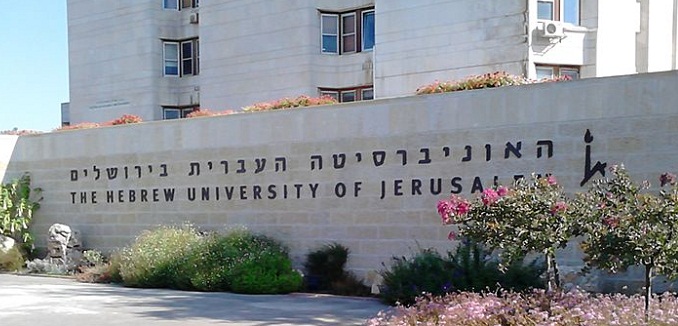A recent report by Moody’s affirmed Israel’s A1 rating largely on the basis of what it described as Israel’s “high-tech niche and entrepreneurial culture,” which the rating agency noted “have continued to underpin its latent dynamism.” A summer innovation summit sought to bring Israeli knowledge and technology to bear on some of Asia’s most intractable problems. Later in the summer a delegation of American university presidents and chancellors toured the country to investigate opportunities for joint academic projects.
The Jewish state’s technological dynamism has even been looked to as a way to forge peace between Israelis and Palestinians.
Now Israeli and U.S. academic institutions have indeed teamed up to pursue new technology, this time in the biotech sector. Hebrew University and Hadassah Medical Center recently opened the BioDesign Innovation Institute in conjunction with Stanford University. The institute offers a course aimed at teaching students how to develop and bring to market new medical technologies:
Biodesign Innovation course is taught over two semesters of one academic year and instructs in the design of a medical devices, from needs analysis and inception through design, testing, patenting and funding. Biodesign Innovation is designed for teams of three: a PhD student in engineering, an MD in training, and an MBA student. Teams take on medical challenges and devise a solution to take through prototype, testing, patent application and coherent business plan. Many such projects are expected to advance to market.
The institute announced four new technologies, for which they are seeking partners. The products include a device to fight obesity – which would obviate the need for gastric bypass surgery – a new process for accelerating the fabrication of dentures, an infra-red guided system for intubation, and a semi-automatic device to assist with IV insertion.
The team that developed the intubation system explains the need for the system as well as how it works:




